The rapid pace of technological advancement often leaves us discarding perfectly functional hardware. Yet, surprisingly, many outdated devices remain operational and even crucial in unexpected ways. This article explores eight compelling examples of vintage tech's enduring relevance.
Table of Contents
- Retro Computers Mining Bitcoin
- A Reliable Mechanic's Assistant Since the '80s
- Vintage Tech as a Bakery POS System
- Outdated Systems Managing Nuclear Arsenals
- Windows XP Powers Multi-Billion Dollar Aircraft Carrier
- Critical Airport Infrastructure Fails Due to Legacy Software
- Classic Hardware Used for Cutting-Edge Research
- Nostalgia Keeps Old Systems Alive
Retro Computers Mining Bitcoin
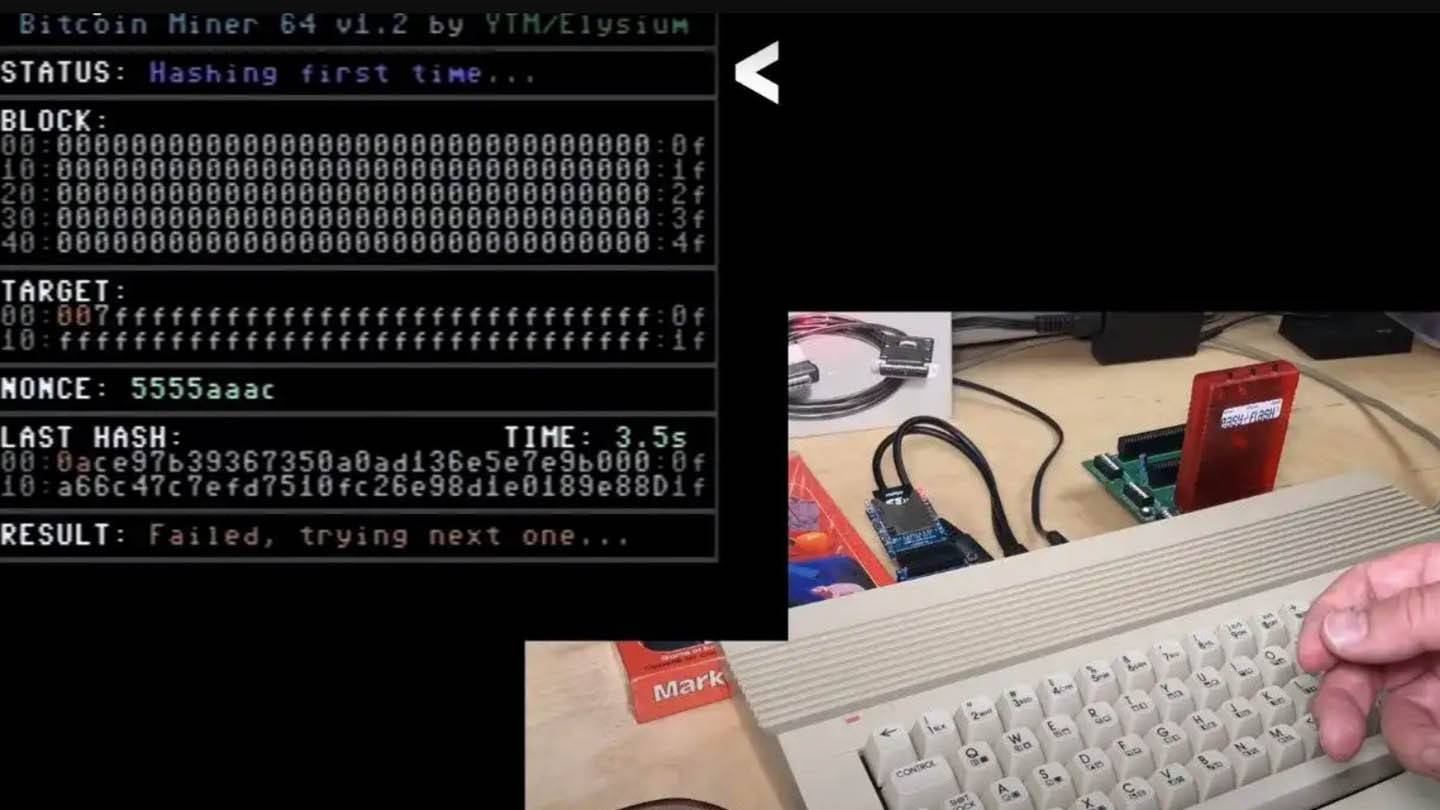 Image: x.com
Image: x.com
A fascinating experiment showcased a 1982 Commodore 64 mining Bitcoin. However, its 8-bit, 1 MHz processor yields a paltry 0.3 hashes per second—a stark contrast to modern GPUs like the RTX 3080 (100 million hashes per second). Mining a single Bitcoin on the C64 would theoretically take billions of years. Similarly, a Nintendo Game Boy (1989), connected via a Raspberry Pi Pico, achieved 0.8 hashes per second, still astronomically slower than modern ASIC miners.
A Reliable Mechanic's Assistant Since the '80s
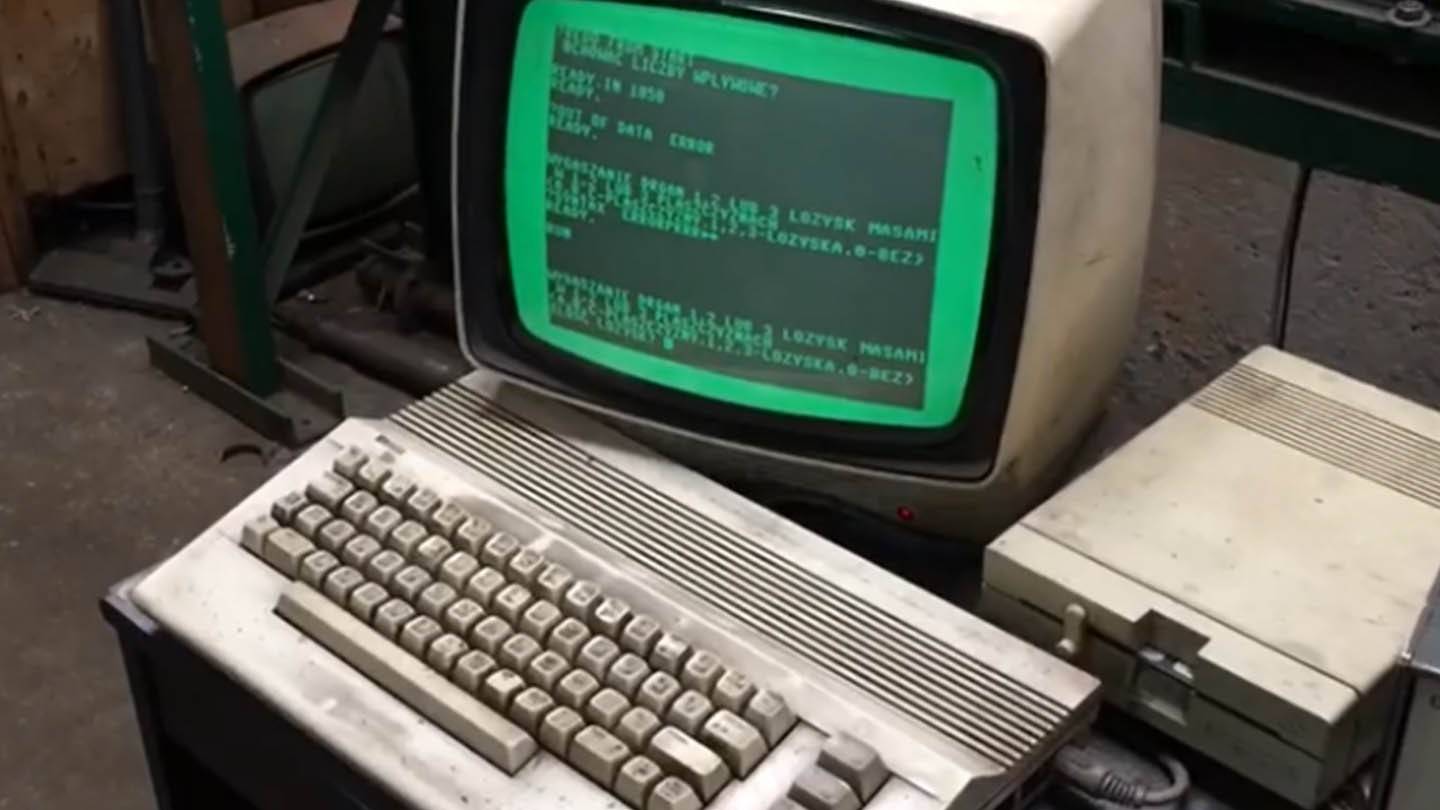 Image: x.com
Image: x.com
A Commodore 64C in Gdansk, Poland, has served a mechanic for over three decades, even surviving a flood! This 1 MHz, 64 KB machine flawlessly executes custom software for drive shaft calculations, highlighting the longevity of robust, simple technology.
Vintage Tech as a Bakery POS System
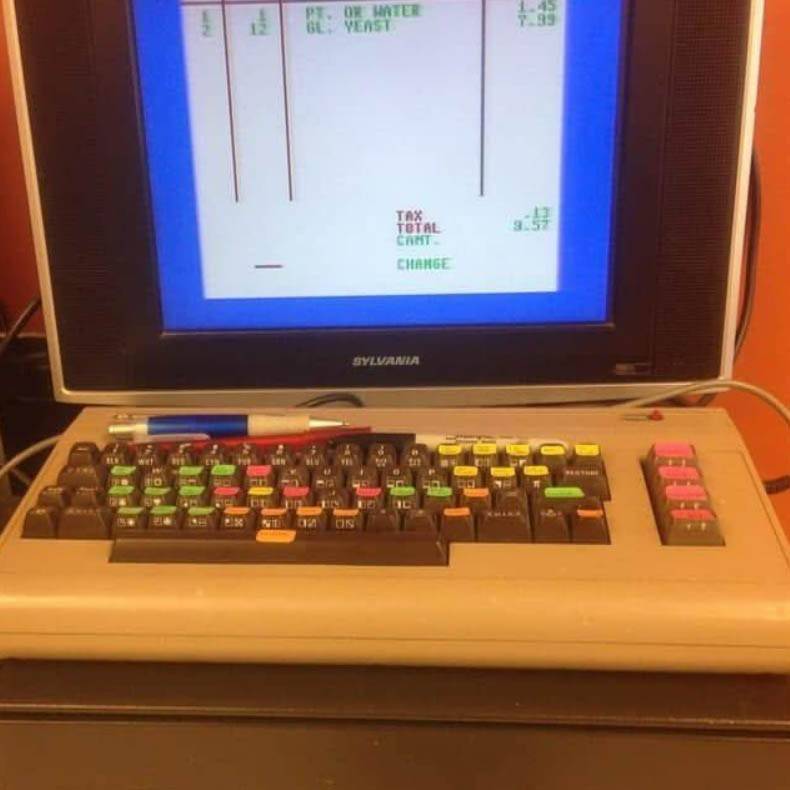 Image: x.com
Image: x.com
An Indiana bakery has relied on a Commodore 64 as its POS system since the 1980s. Affectionately dubbed the "breadbox," this system's reliability surpasses many modern POS systems prone to software update glitches. Only the baked goods labels on the keyboard have needed updating.
Outdated Systems Managing Nuclear Arsenals
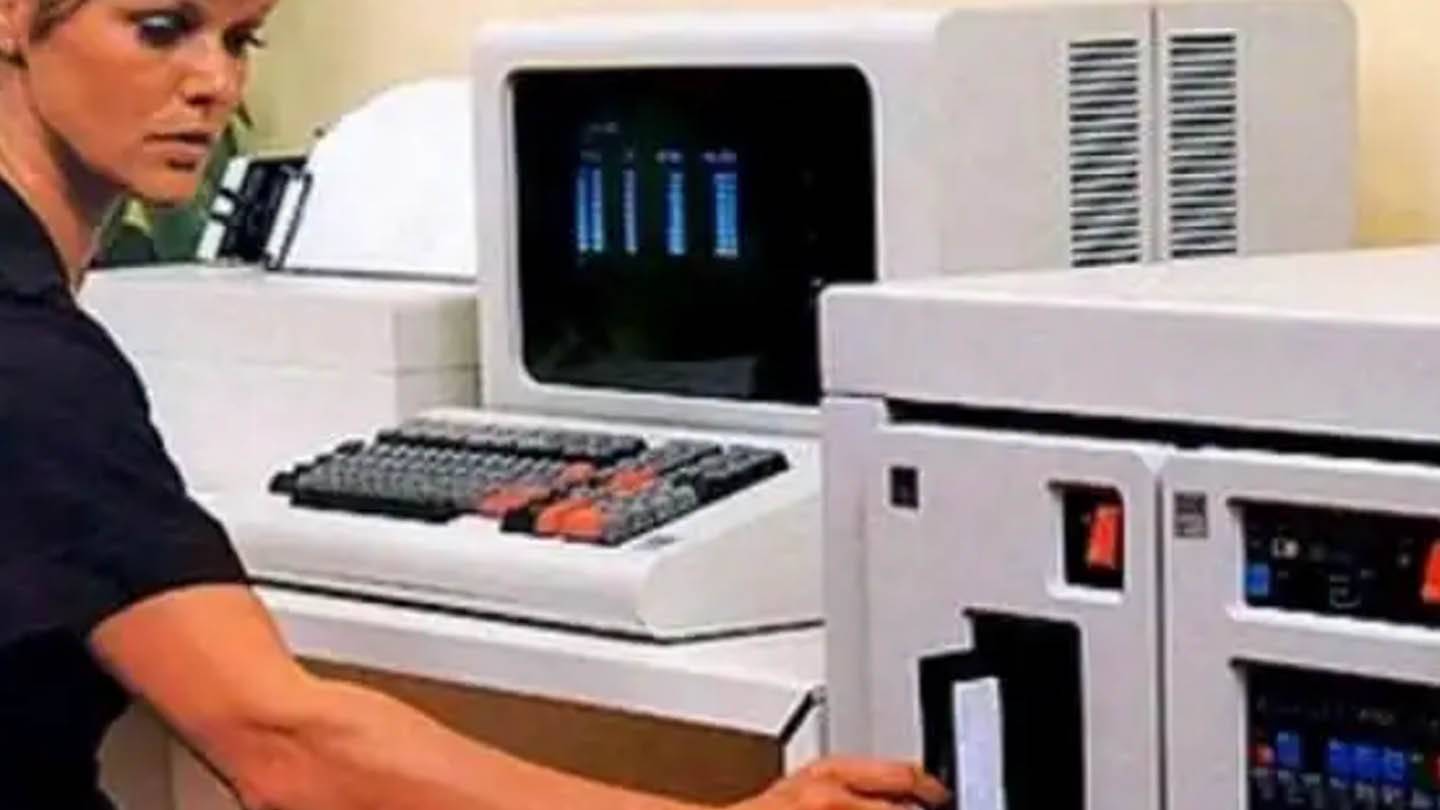 Image: x.com
Image: x.com
The United States utilizes a 1976 IBM computer, employing 8-inch floppy disks (approximately 80 KB storage), to manage its nuclear arsenal. While modernization is planned, the system's proven reliability maintains its current role. Similarly, German Brandenburg-class frigates use 8-inch floppy disks, with upgrades focusing on emulators rather than complete system replacement.
Windows XP Powers Multi-Billion Dollar Aircraft Carrier
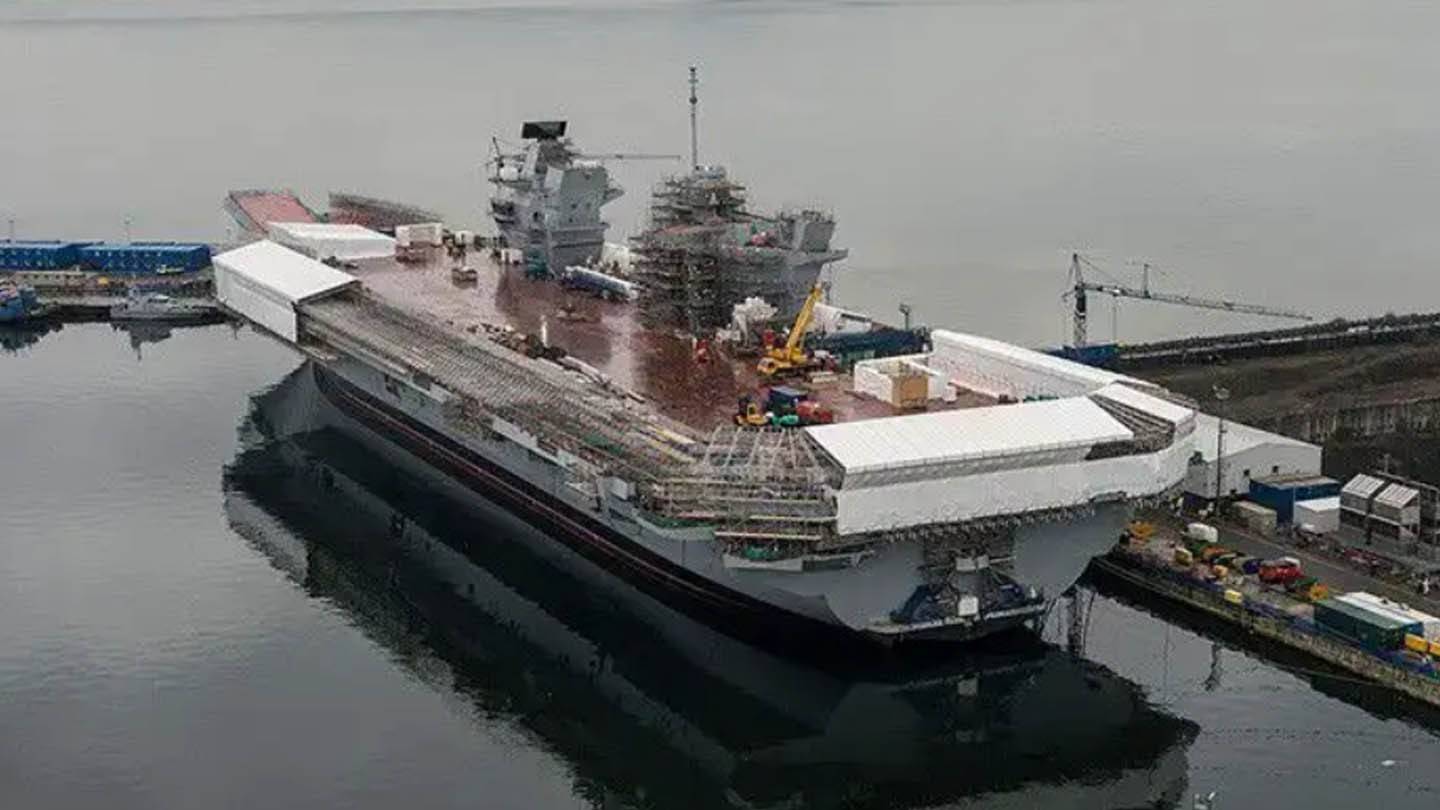 Image: x.com
Image: x.com
The British HMS Queen Elizabeth aircraft carrier, a multi-billion dollar vessel, runs on Windows XP (support ended 2014). While the Royal Navy assures security measures are in place, this reliance on outdated software raises concerns. The same applies to Britain's Vanguard-class submarines using Windows XP for missile management, with updates not scheduled until 2028.
Critical Airport Infrastructure Fails Due to Legacy Software
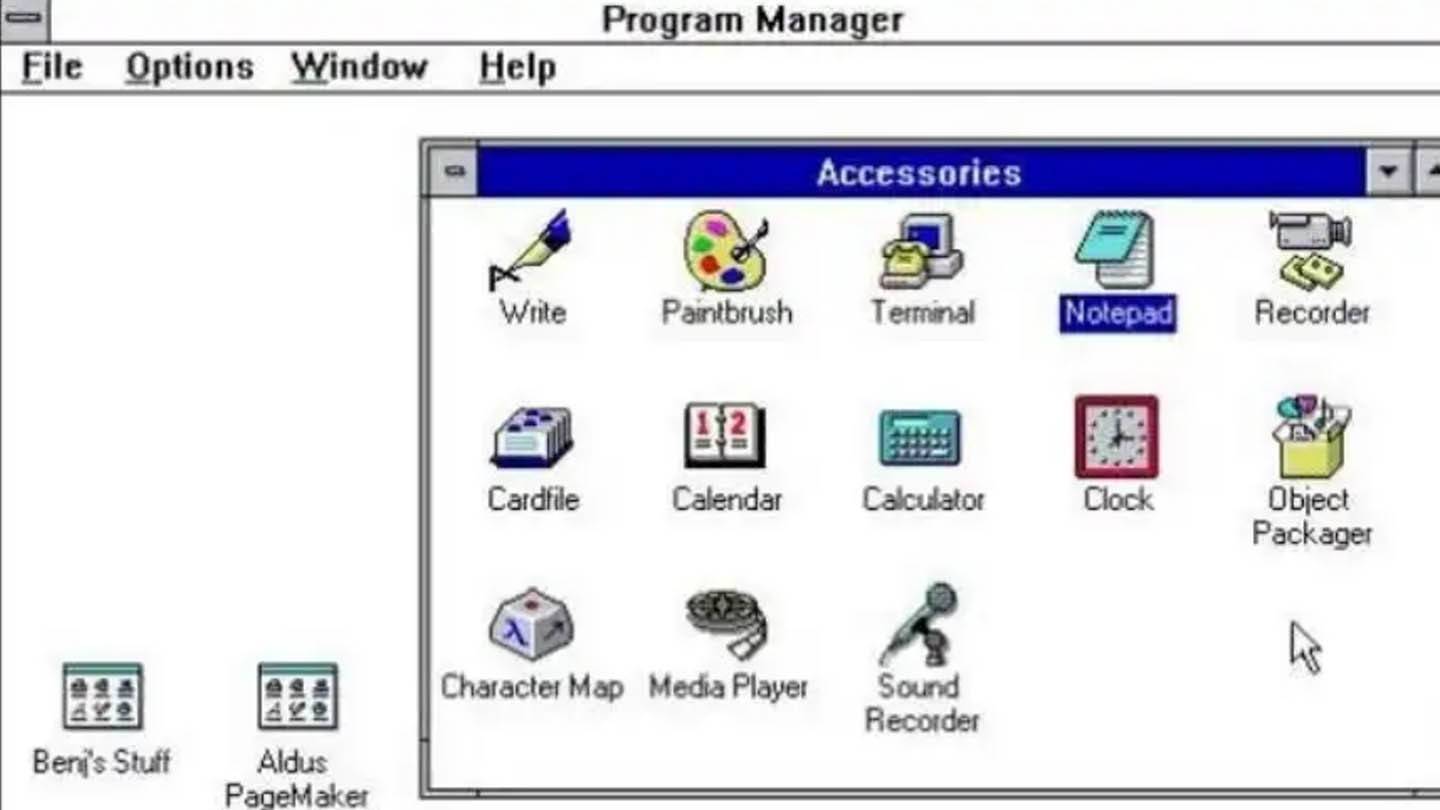 Image: x.com
Image: x.com
In 2015, Paris Orly Airport experienced a significant disruption when a Windows 3.1 (1992) system crashed, halting weather data provision to pilots and causing flight suspensions.
Classic Hardware Used for Cutting-Edge Research
Retro computers, such as the Commodore 64, find applications in educational settings, teaching programming fundamentals and simulating basic physics experiments. Their simplicity facilitates understanding core computing principles.
Nostalgia Keeps Old Systems Alive
Many organizations maintain legacy systems due to familiarity, established workflows, or the avoidance of costly upgrades, illustrating the enduring value of established tools.
These examples demonstrate the surprising resilience and continued utility of outdated technology across various sectors. From cryptocurrency mining to national defense, legacy systems prove remarkably persistent, highlighting the enduring value of simplicity and reliability. While modernization is inevitable, these examples showcase the unexpected longevity of older technologies.















